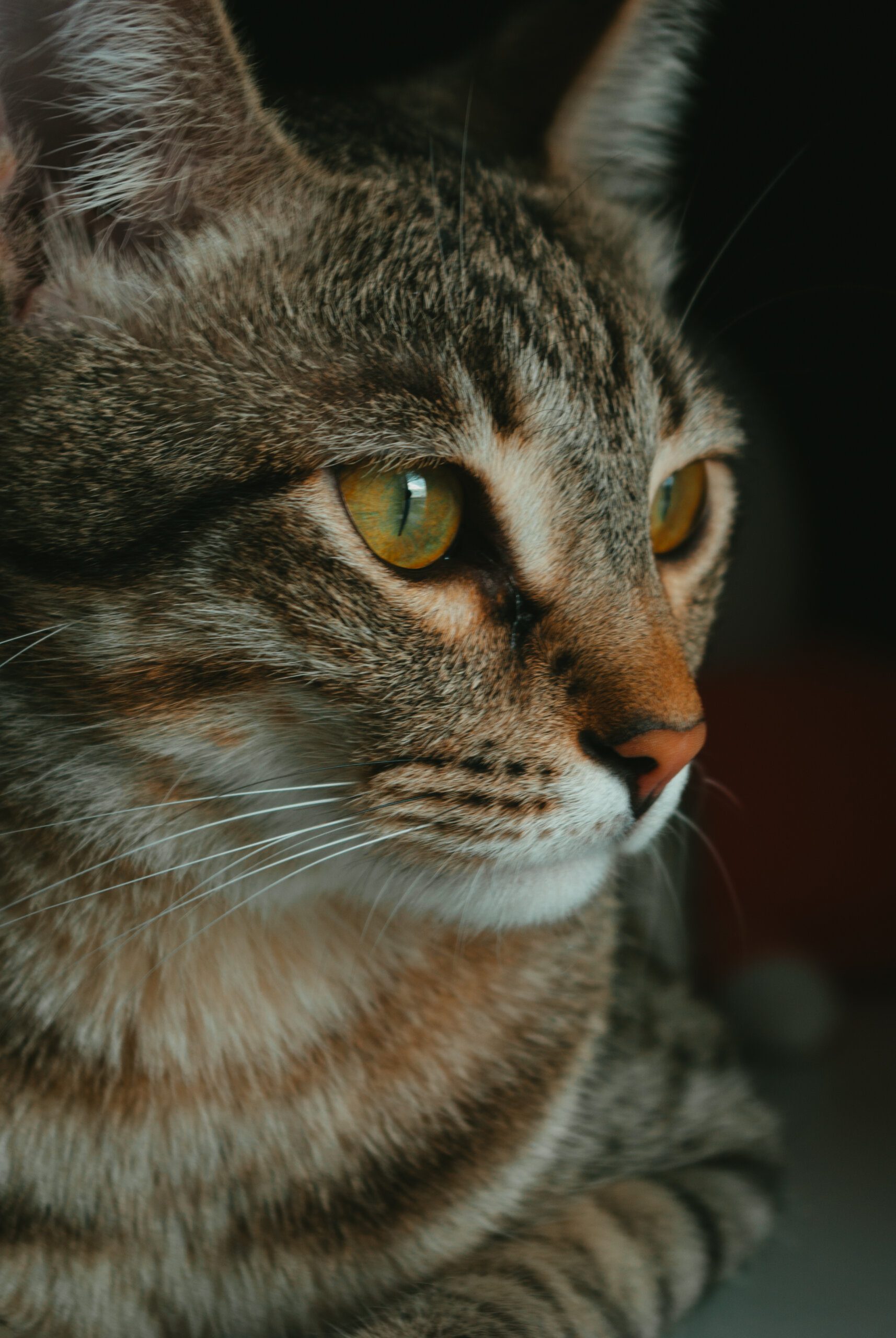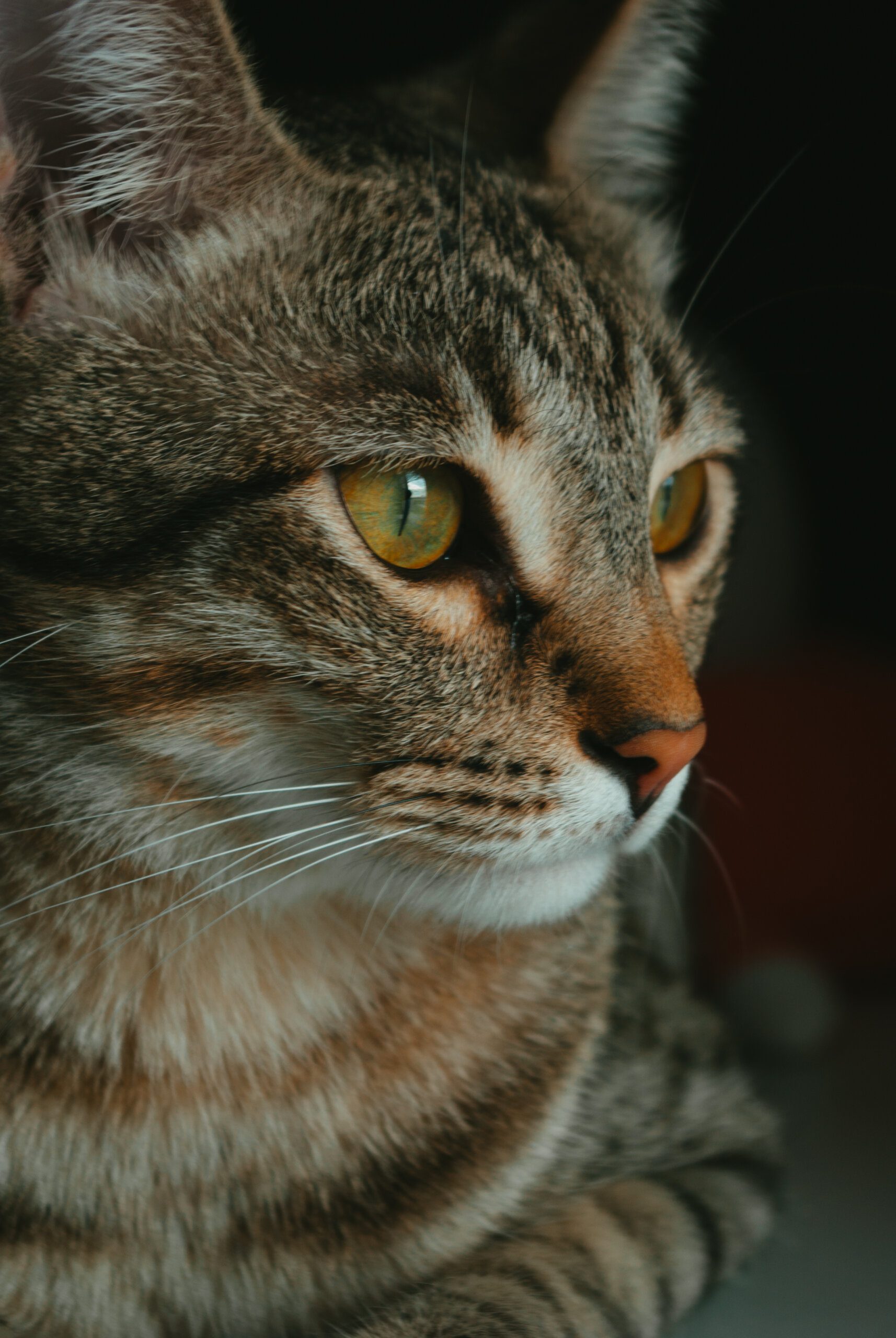Are you fascinated by unique and unconventional pets? If so, you might have heard about the capybara. These charming creatures, native to South America, are the largest rodents in the world and have been gaining popularity as potential pets. However, before you consider bringing a capybara into your home, it’s important to understand the essentials of their care, behavior, and legal regulations. In this article, we will explore whether a capybara can truly be kept as a pet and provide insights into what it takes to provide a loving and suitable environment for these adorable creatures.

Overview of the Capybara
Capybaras are fascinating and unique animals that have gained popularity as exotic pets in recent years. Native to South America, they are the largest rodents in the world and are known for their friendly and sociable nature. In this article, we will explore various aspects of owning a capybara, including their physical characteristics, habitat and behavior, legal considerations, suitability as a pet, health and veterinary care, pros and cons of ownership, alternatives to keeping a capybara, important tips for potential owners, and final considerations to help you make an informed decision.
Physical Characteristics
Capybaras have a robust and barrel-shaped body, weighing between 80 to 150 pounds, and reaching a length of up to four feet. They have short, stocky legs, with webbed toes that are perfect for swimming. Their dense, coarse fur can range in color from brown to reddish-brown, which helps them blend into their natural surroundings. Capybaras also have a distinctive round head, small ears, and sharp, constantly growing incisors.
Habitat and Behavior
Capybaras are semiaquatic creatures that are primarily found in South America, inhabiting swampy regions, riverbanks, and grassy areas near freshwater. They are social animals that live in groups, often consisting of 10 to 20 individuals, which helps protect them from predators and provides companionship. Capybaras are known for their gentle temperament and their ability to form strong bonds with their human caretakers. They are highly intelligent and can be trained to respond to commands and even participate in basic agility exercises.
Legal Considerations
Before considering a capybara as a pet, it is essential to be aware of the legal considerations surrounding their ownership. Laws and regulations regarding capybaras vary from country to country and even within different states or provinces. Some jurisdictions may prohibit or strictly regulate the ownership of capybaras, while others may require permits or licenses. It is crucial to research and understand the laws in your specific area to ensure you are in compliance before bringing a capybara into your home.
Laws and Regulations
In many regions, capybaras are considered exotic animals and are subject to specific regulations to ensure their welfare and prevent potential risks associated with their ownership. These regulations aim to protect both the capybara and the general public. It may be necessary to obtain a special permit or license, undergo inspections, or meet certain criteria to legally own a capybara. It is important to consult local authorities or animal control agencies to determine the legal requirements in your area.
Permits and Licenses
If owning a capybara is allowed in your area, you may need to apply for permits or licenses. These documents require you to demonstrate that you have the knowledge, resources, and appropriate facilities to provide for the capybara’s welfare. Permits and licenses are typically issued based on the applicant’s ability to meet specific criteria such as proper housing, veterinary care, and the ability to prevent escapes or unwanted breeding. It is crucial to comply with all permit conditions and ensure continuous compliance to maintain legal ownership of a capybara.
Suitability as a Pet
Capybaras are undeniably unique and adorable creatures, but their suitability as pets requires careful consideration. Before bringing a capybara into your home, it is essential to assess your space and environment, understand their social needs, familiarize yourself with their dietary requirements, and consider their need for exercise and enrichment.
Space and Environment
To provide a suitable living environment for a capybara, you will need a significant amount of space. Capybaras require access to a large, secure outdoor enclosure with access to freshwater for swimming. The enclosure should be spacious enough to allow for natural behaviors, such as foraging and roaming. Additionally, capybaras need access to shelter and vegetation for shade and hideaways. Consideration must be given to the climate and temperature in your area to ensure the capybara’s comfort and well-being.
Social Needs
Capybaras are highly social animals that thrive in the company of their own kind. While they can form strong bonds with humans, it is essential to provide them with opportunities for social interaction with other capybaras. Keeping a single capybara may lead to loneliness and behavioral issues. Ideally, a group of capybaras should be kept together to ensure their social needs are met. However, it is crucial to consider the space requirements and available resources necessary for properly housing multiple capybaras.

Dietary Requirements
Capybaras are herbivores, meaning their diet consists mainly of plant matter. They require a variety of high-quality grasses, hay, fresh vegetables, and fruits to ensure they receive proper nutrition. Capybaras also have a unique dietary need for roughage to help maintain their digestive health. Providing a balanced and varied diet is essential for the capybara’s overall well-being. It is important to consult with a veterinarian or exotic animal nutritionist to develop a proper feeding plan for your capybara.
Exercise and Enrichment
Capybaras are active animals that require regular exercise and mental stimulation. They should have access to a spacious outdoor area where they can run, swim, and engage in natural behaviors like digging and exploring. Enrichment activities, such as puzzles, toys, and tunnels, should also be provided to keep their minds engaged. Regular interaction and playtime with their human caregivers are crucial for capybaras to maintain their social and mental well-being.
Health and Veterinary Care
Like any other pet, capybaras require routine health check-ups, vaccinations, preventive care, and attention to common health issues. It is crucial to establish a relationship with an experienced exotic animal veterinarian who can provide appropriate medical care and advice specific to capybaras.
Routine Check-ups
Regular veterinary check-ups are vital to monitor the capybara’s overall health and detect any potential issues early on. During these check-ups, a veterinarian will examine the capybara, assess its weight, dental health, and overall body condition. They may also perform fecal tests to check for parasites and discuss any concerns or changes in behavior or appetite.
Vaccinations and Preventive Care
Vaccinations are an important aspect of preventive healthcare for capybaras. Your veterinarian will advise on the necessary vaccinations, which may include appropriate vaccines for diseases such as rabies and tetanus. Preventive care also involves regular parasite prevention, such as treating for fleas, ticks, and internal parasites. Maintaining a clean and hygienic living environment is crucial for the capybara’s health and well-being.
Diseases and Common Health Issues
Capybaras are generally hardy animals, but they can still be susceptible to various health issues. Some common health concerns for capybaras include dental problems, skin infections, respiratory infections, parasites, and nutritional deficiencies. It is important to monitor the capybara closely and seek veterinary attention if any signs of illness or discomfort are observed. Early intervention can often prevent more serious health issues and ensure a better quality of life for the capybara.
Pros of Owning a Capybara
Owning a capybara can be a rewarding experience for the right person or family. Some of the advantages of having a capybara as a pet include their intelligence and sociability, the relatively low maintenance they require, and the uniqueness of having an exotic pet.
Intelligent and Social Animals
Capybaras are highly intelligent animals that can form strong bonds with their owners. They can be trained to respond to commands, use a litter box, and engage in basic agility exercises. Their sociable nature allows them to enjoy human interaction and even get along well with other household pets, given proper introductions and supervision.
Low Maintenance
Despite their size, capybaras are relatively low maintenance compared to other pets. They are generally clean animals, and with access to appropriate outdoor areas, their enclosure can be self-cleaning to some extent. Capybaras do not require frequent grooming, and their dietary needs can be met with a combination of commercially available food, fresh produce, and hay. However, it is important to note that providing a suitable living environment and meeting all their needs still requires dedication and effort.

Unique and Exotic Pet
One of the major draws of owning a capybara is the uniqueness they bring as an exotic pet. Capybaras are still relatively uncommon as pets and can be a conversation starter. Their unusual appearance and friendly demeanor make them captivating and enjoyable companions to have.
Cons of Owning a Capybara
While there are certainly advantages to owning a capybara, it is crucial to consider the potential downsides and challenges that come with their ownership.
Legal Restrictions
One of the significant obstacles to owning a capybara is the legal restrictions that may be in place. Depending on where you live, it may be illegal to own a capybara or require obtaining specific permits or licenses. The legal process can be complex and time-consuming, and failure to comply with regulations can result in fines or the confiscation of the capybara.
Space and Housing Challenges
Capybaras require a significant amount of space to thrive. Their outdoor enclosures need to be large, secure, and provide access to freshwater for swimming. Not everyone has the means or available land to accommodate these space requirements. The cost and effort involved in creating a suitable habitat for a capybara can be prohibitive for some potential owners.
Specific Care and Specialized Knowledge
The specialized care and knowledge required to properly care for a capybara can be challenging for many individuals. They have unique dietary needs, require proper socialization, and need regular veterinary care from an experienced exotic animal veterinarian. The lack of qualified professionals in some areas can make it difficult to find appropriate care when needed. Education and continuous learning are essential to ensure the capybara’s well-being and to prevent potential health or behavioral issues.
Alternatives to Keeping a Capybara
If owning a capybara is not feasible or suitable for your circumstances, there are alternatives to consider. These alternatives can provide a similar experience or fulfill a desire for owning an exotic or rodent-like pet.
Similar Exotic Pets
If you are drawn to the uniqueness and exotic nature of capybaras, there are other animals with similar characteristics that may be more suitable for pet ownership. Some examples include miniature pigs, wallabies, or even certain species of large tortoises. Each alternative comes with its own requirements and considerations, so thorough research is necessary before making a decision.
Domesticated Rodents
For those who appreciate the rodent-like qualities of capybaras, domesticated rodents may be a viable alternative. Animals like guinea pigs, rats, or chinchillas can provide a similar small and social companion while being more suitable for confined living spaces. Domesticated rodents are generally easier to care for and may be a more feasible option for individuals with limited resources or space.
Other Large Rodents
If the size and appearance of capybaras are a primary attraction, other large rodents like beavers or nutrias may be worthy of consideration. While these animals also have specific care requirements, they may be more readily available and potentially more feasible to own, depending on local regulations.
Important Tips for Potential Owners
For those still considering bringing a capybara into their home, there are important tips to keep in mind to ensure a positive experience for both the owner and the animal.
Research and Education
Thorough research and continuous education are essential before considering capybara ownership. Familiarize yourself with their needs, behaviors, and requirements to ensure you can provide the necessary care and environment. Joining online communities or local capybara owner groups can provide valuable insights and support.
Finding a Reputable Breeder or Rescue
If owning a capybara is legal and feasible in your area, it is crucial to find a reputable breeder or rescue organization. A responsible breeder or rescue will prioritize the well-being of their capybaras and can provide you with guidance and support as a new owner.
Understanding the Commitment
Owning a capybara is a long-term commitment that should not be taken lightly. Capybaras can live up to 10-12 years in captivity and require daily care and attention. Consider your lifestyle, available time, and resources to ensure you can fulfill all the needs of a capybara throughout its lifespan.
Conclusion
In conclusion, owning a capybara can be an exciting and fulfilling experience for the right person or family. However, it is crucial to carefully consider and evaluate various factors, including legal restrictions, space and housing challenges, specific care requirements, and the long-term commitment involved. By thoroughly researching, understanding and meeting the needs of a capybara, you can provide a happy and healthy life for these unique and captivating creatures. Remember, making an informed decision is key to ensuring the welfare of both you and your capybara companion.



